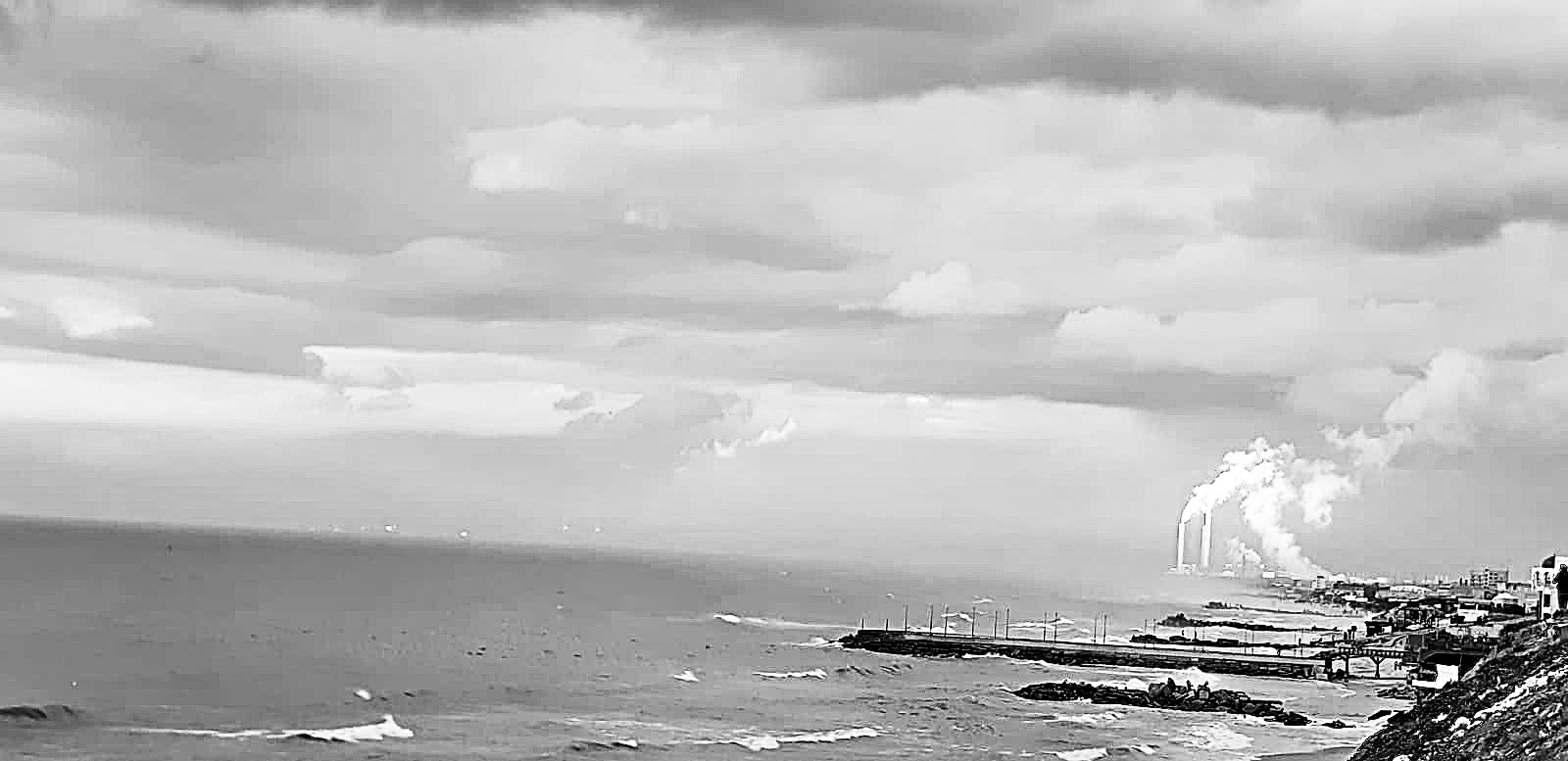“There are more than 100K families in Palestine where the head is a matriarch, most often a widowed woman. Half are poor families that the Union tries to support. Forced by poverty, some of these women work in the settlements or live in camps. Union support means providing the families with both money and material means to make a livelihood, machines, and equipment, but also livestock. […] For example, there are poor families with members with disabilities asking for sheep or machines to make a living and educate their children”.
These are the words of Muharram Barghouthi, General Director of the Palestinian Youth Union (PYU) during an interview discussion we had at the premises of PYU in Ramallah in mid-May 2023. During the discussion, different topics came up, including Muharram’s own childhood and youth years, with memories of his mother’s daily life that are characteristic of other Palestinian women’s lived experiences. These memories are tightly linked with lifetime choices and his current role and work with PYU.
PYU’s mission includes empowering the Palestinians to resist the Israeli violent acts and be able to stay in their land despite the settler colonialism regime. The Union encourages community involvement and supports social cohesion and solidarity in Palestine and internationally through a marked media presence and advocacy for youth interests, human rights, political and public participation of youth and women, and other issues concerning youth and women inclusiveness.
Toward this direction, Barghouthi and his team work on building an international profile for the Union, by seeking cooperation, for instance, with EU member states. Barghouthi started as an activist journalist writing and thus spreading the news about youth volunteer work to rebuild communities in rural and urban areas all over Palestine. In this way, he shaped his leadership with equality and equal opportunities for youth and women as landmark and mission. On the way, Barghouthi’s and other activists’ work was met with reactions from different directions. The Islamic movement was one such source with their claims that women’s position is only in the home with the family.
Despite odds, constructive activist work has earned the trust of Palestinian families and gradually it becomes possible for young women to take action, move to the city, get educated, claim a livelihood and build a future beyond confines for themselves and their families.
Born in a poor family, Barghouthi attended the local school before he transferred to a government school. There, for the first time, he met with people from other villages. Soon he became the leader of the school students’ council that was coordinated with students from Birzeit University. Barghouthi’s activism against the colonialist regime covered areas such as economic measurements (e.g., the price of olive oil), land deprivation and the settlements. His work as journalist for a popular Palestinian newspaper gave the opportunity to address wider audiences and share the vision for equality, human rights and women’s rights.
In our discussion, Barghouthi did not seem to think twice about why he chose to take distances from those traditions that limit the freedoms of women. Throughout his life, he has been inspired by the story of his mother and all those Palestinian women who, day after day, throughout the years, from generation to generation, carried the water from the spring, to plant the home garden, bring in the wood to cook on the fire, pick up in the olive season, nurse the sick and seek income for the family.
These same women were kept hostages and saw their sons arrested when their own homes were invaded by Israeli soldiers. A story with constant repetitions in the ‘70s, the ‘80s and today.
At the same time, women’s position, especially in rural areas in Palestine was oppressed. Not only did the colonial regime harden the lives of mothers, wives, sisters, and daughters. It was unfathomable for local societies to recognize young women’s education as a right. And that was a narrative that had to change.
Nowadays, the landscape is different. More and more women are recognized professionals, university teachers, researchers, medical doctors, practicing lawyers, musicians, working and studying home and abroad. But it took some years and some activism and hard work to turn parochial beliefs and allow a dynamic perspective for the future of Palestine to emerge.
The struggle toward this direction is ongoing.

